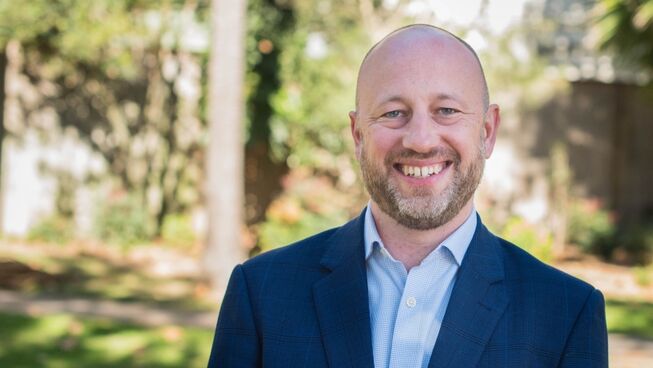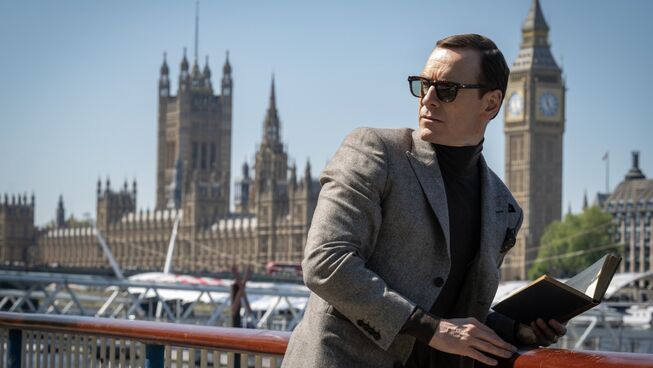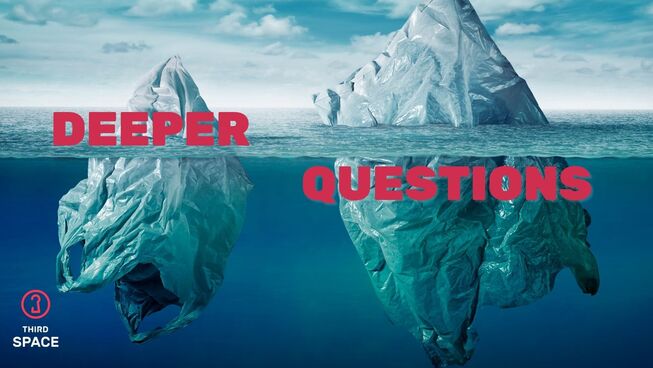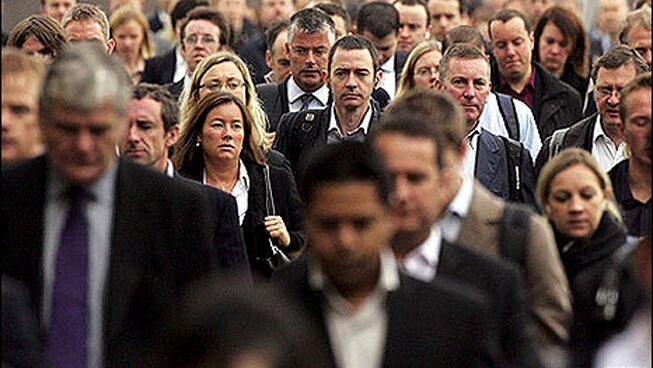Sorry always seems to be the hardest word...in the office

Audrey Lee grew up in a home which “cherished Confucian ideals”. Ideals such as humility and saying sorry. Ideals that she believes didn’t set her up well for the modern workplace.
Last year Lee wrote a hugely popular article titled, ‘How to suppress the apology reflex’. In it she argued that confidence is an essential quality in the modern workplace, and that, “Confidence, at least in the American workplace, means never having to say you’re sorry”. She grew up being taught to say sorry, so to survive in the workplace she needed to learn how to “suppress the apology reflex”.
Lee’s experience perhaps sounds familiar. It’s the confident, brash person that gets noticed and promoted. The quiet, apologetic one can be easily overlooked. Not to mention that some workplaces actively discourage their employees from saying sorry, out of fear of litigation. To be seen as confident means that you don’t apologise. Sorry can often seem to be the hardest word to say in the office.
But does apologising really equal a lack of confidence? I want to dispute Lee’s conclusion. I actually believe it’s the exact opposite.
Think for a moment what it takes to say sorry. It means admitting that you got something wrong. It means admitting that, despite impressions, you can’t do everything. It means admitting that you don’t know everything. Saying sorry means acknowledging weakness, limitations, vulnerability.
But what does it take to be the kind of person who can admit such things? Is it not…confidence? On the contrary, the truly confident person is not the one who never says sorry, but the exact opposite. The truly confident apologise.
Which raises for me the question, where does such confidence come from? How can I be the kind of person who is so comfortable in my skin, so sure of who I am, that I’m actually able to admit weakness, limitations, vulnerability? As a Christian person, I believe this confidence comes from knowing how God thinks about me.
When I actually take time to stop and reflect I think most of us (all of us?) recognise we haven’t got it all together. There are things that we say and do and think which we know hurt and disadvantage others. However it is precisely in recognising and admitting this failure first to myself that I find the way into understanding how God thinks about me.
Because despite our failures God loves us. So much so that “God demonstrates His own love for us in this; while we were still sinners Christ died for us” (Romans 5:8). Jesus’ death for us changes everything about how we view ourselves, because it changes everything about how God views us. He now sees us as clean, pure, faultless if we come to Him and acknowledge our guilt. Sorry may be the hardest word to say in the office, but it is the first word spoken by the one coming to trust in God and so be given a new confidence.
Because knowing that this is how God views us gives us great confidence. A confidence that releases us from the daily burden of trying to impress others. Instead we can be comfortable in our skin, confident, and admit that we’re people who don’t have it all together because there is a God who accepts and forgives us. Such confidence frees us up then to apologise, to say sorry.
And the great irony is that rather than this being a negative in the workplace, my experience is that it ultimately leads to the person being viewed as someone of great strength and integrity. The kind of qualities that, contrary to Lee, in the long run are rewarded in the workplace.
Audrey Lee, How to suppress the apology reflex, The New York Times, January 18, 2014.
Image courtesy: http://spin.atomicobject.com/2013/07/24/real-apology/







